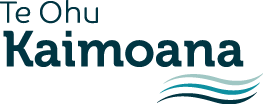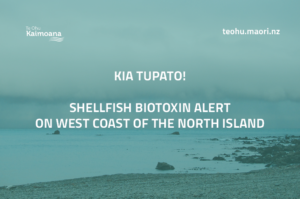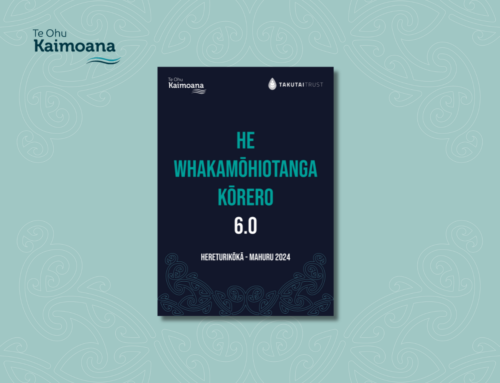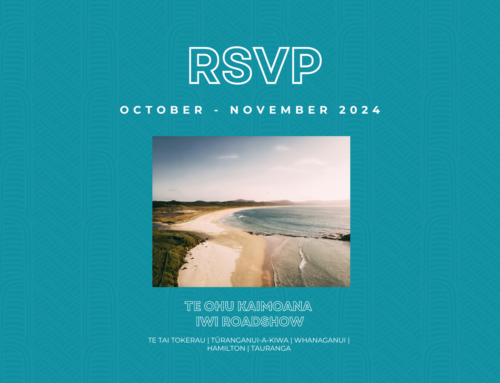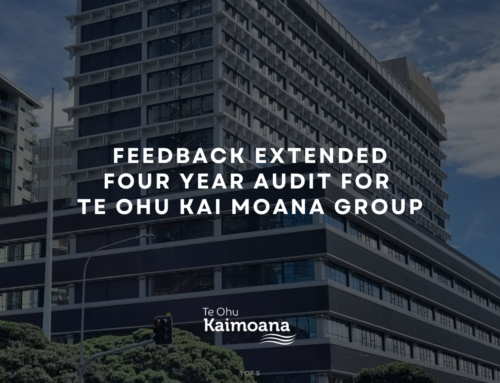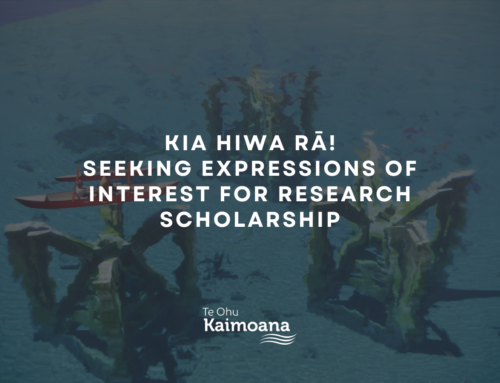Shellfish Biotoxin Alert – West Coast North Island
Updated 20 October 2020
Originally published 19 August 2020
The Ministry for Primary Industries (MPI) has issued a public health warning advising the public not to collect or consume shellfish harvested from two stretches along the west coast of the North Island. These are:
- from South Head (Manukau Harbour entrance) to Tirua Point (south of Kawhia)
- from Waipapakauri on 90 Mile Beach to Pouto Point on the northern head of the Kaipara Harbour. This includes the Herekino, Whangape and Hokianga Harbours.
Routine tests on shellfish samples taken from this region have shown levels of Paralytic Shellfish Poisoning (PSP) toxins above the safe limit of 0.8 mg/kg set by MPI. Anyone eating shellfish from this area is potentially at risk of illness.
Haami Piripi from Te Rarawa spoke to Waatea News and said that because of their close relationship with the takutai moana, he fears many whānau will ignore the risk.
“We are so intertwined in terms of practices, protocols, rituals, philosophies, it’s hard to separate the two and we are going to make our own choices and judgments about where the tolerance level is,” he says.
Mussels, oysters, tuatua, pipi, toheroa, cockles, scallops, catseyes, kina (sea urchin) and all other bivalve shellfish should not be eaten – and cooking shellfish does not remove the toxin.
Pāua, crab and crayfish may still be eaten if the gut has been completely removed prior to cooking, as toxins accumulate in the gut. If the gut is not removed its contents could contaminate the meat during the cooking process.
Symptoms typically appear between 10 minutes and 3 hours after ingestion and may include:
- numbness and a tingling (prickly feeling) around the mouth, face, and extremities (hands and feet)
- difficulty swallowing or breathing
- dizziness
- headache
- nausea
- vomiting
- diarrhoea
- paralysis and respiratory failure and in severe cases, death.
If anyone becomes ill after eating shellfish from an area where a public health warning has been issued, phone Healthline for advice on 0800 61 11 16, or seek medical attention immediately. You are also advised to contact your nearest public health unit and keep any leftover shellfish in case it can be tested.
Monitoring of toxin levels will continue and any changes will be communicated accordingly. Commercially harvested shellfish – sold in shops and supermarkets, or exported – is subject to strict water and flesh monitoring programmes by MPI to ensure they are safe to eat.
For the latest updates, check the Ministry of Primary Industries website here.
